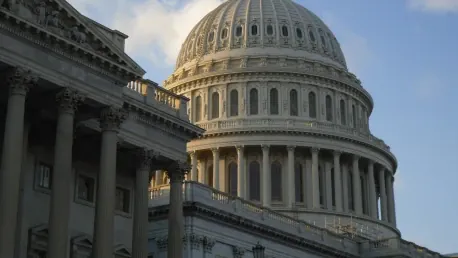
The quality of American public schools has long been a topic of concern, with many pointing fingers at various factors contributing to their mediocrity. One significant area of debate is the role of federal oversight. This article delves into whether the U.S. Department of Education and associated

Taiwan has recently introduced stringent anti-fraud regulations for online advertising platforms under the Fraud Crime Hazard Prevention Act (FCHPA). Effective from July 31, 2024, these regulations aim to address persistent fraud issues across various sectors, including financial institutions,

The ever-evolving regulatory landscape, driven by stricter environments, makes the necessity for enhanced Anti-Money Laundering (AML) and cybersecurity training more crucial than ever before for businesses. Regulatory non-compliance not only results in hefty fines, but also causes significant

The vaping industry has found itself under intense scrutiny as concerns over its impact on young people continue to rise, sparking widespread debates in legislative committees. The critical issue at hand is the increasing evidence that vaping, which was initially marketed as a safer alternative to

President-elect Donald Trump's proposed plan to eliminate the Department of Education (DOE) and partially privatize the education system in the United States has sparked a heated debate. The plan involves transferring education responsibilities and funding back to state governments, a move

The end of the Biden-Harris administration marks a pivotal moment for reimagining the regulatory landscape of education and workforce training. The current administration's policies, while aimed at consumer protection, have inadvertently created barriers that stymie innovation and the